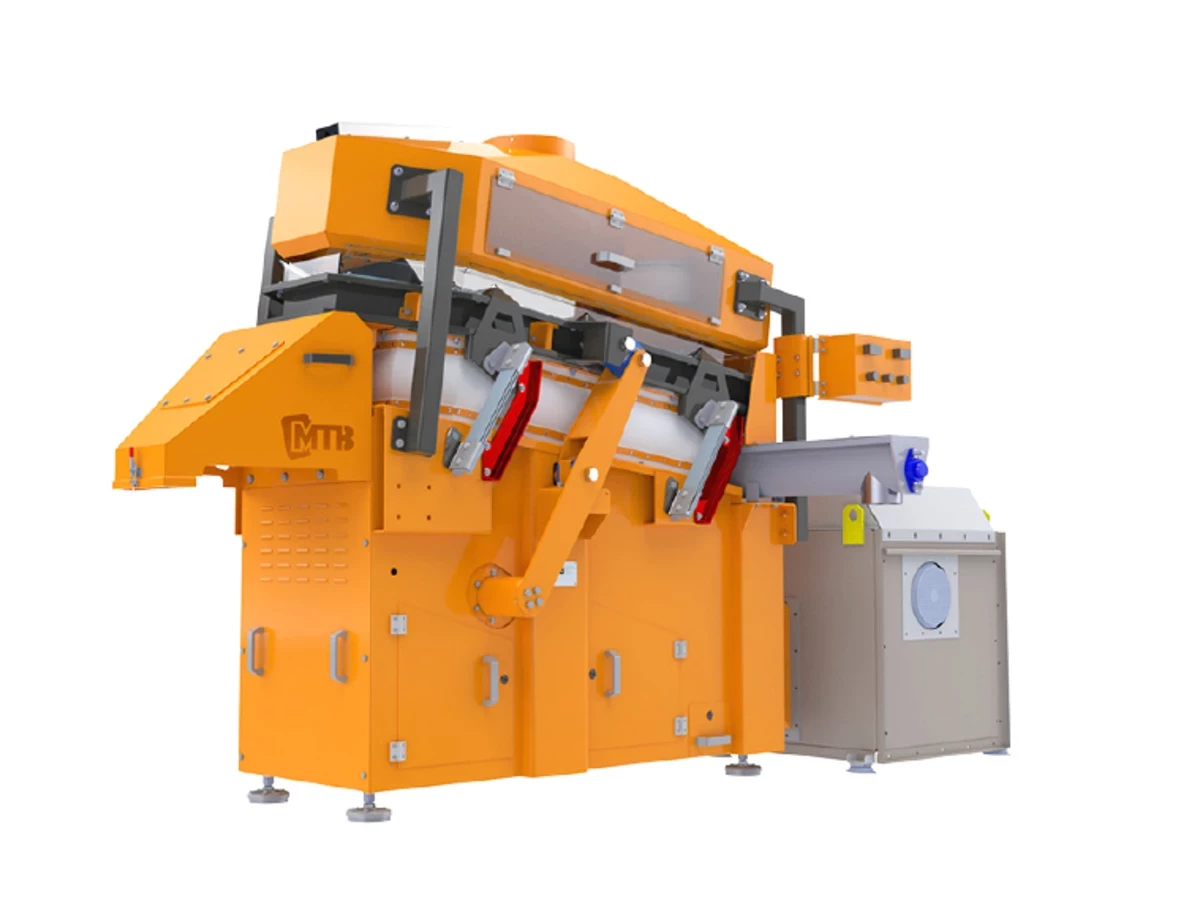Efficient Cable and Tire Granulation for Consistent Output
 BAT 845
BAT 845
Industrial recycling facilities frequently encounter significant challenges related to equipment overheating and unplanned downtime. These issues can lead to:
Overheating typically arises from the high demands placed on machinery when processing heavy-duty materials such as industrial waste, car bodies, and other metals. This excessive heat generation can result in production stoppages and escalated maintenance needs.
To address these challenges, MTB Recycling offers the EZR 2200HD Hydraulic Pre-Shredder, designed to enhance processing capabilities and minimize maintenance requirements.
By integrating the EZR 2200HD Hydraulic Pre-Shredder into their operations, industrial recycling facilities can effectively mitigate issues related to equipment overheating and unplanned downtime, leading to enhanced productivity and cost savings.